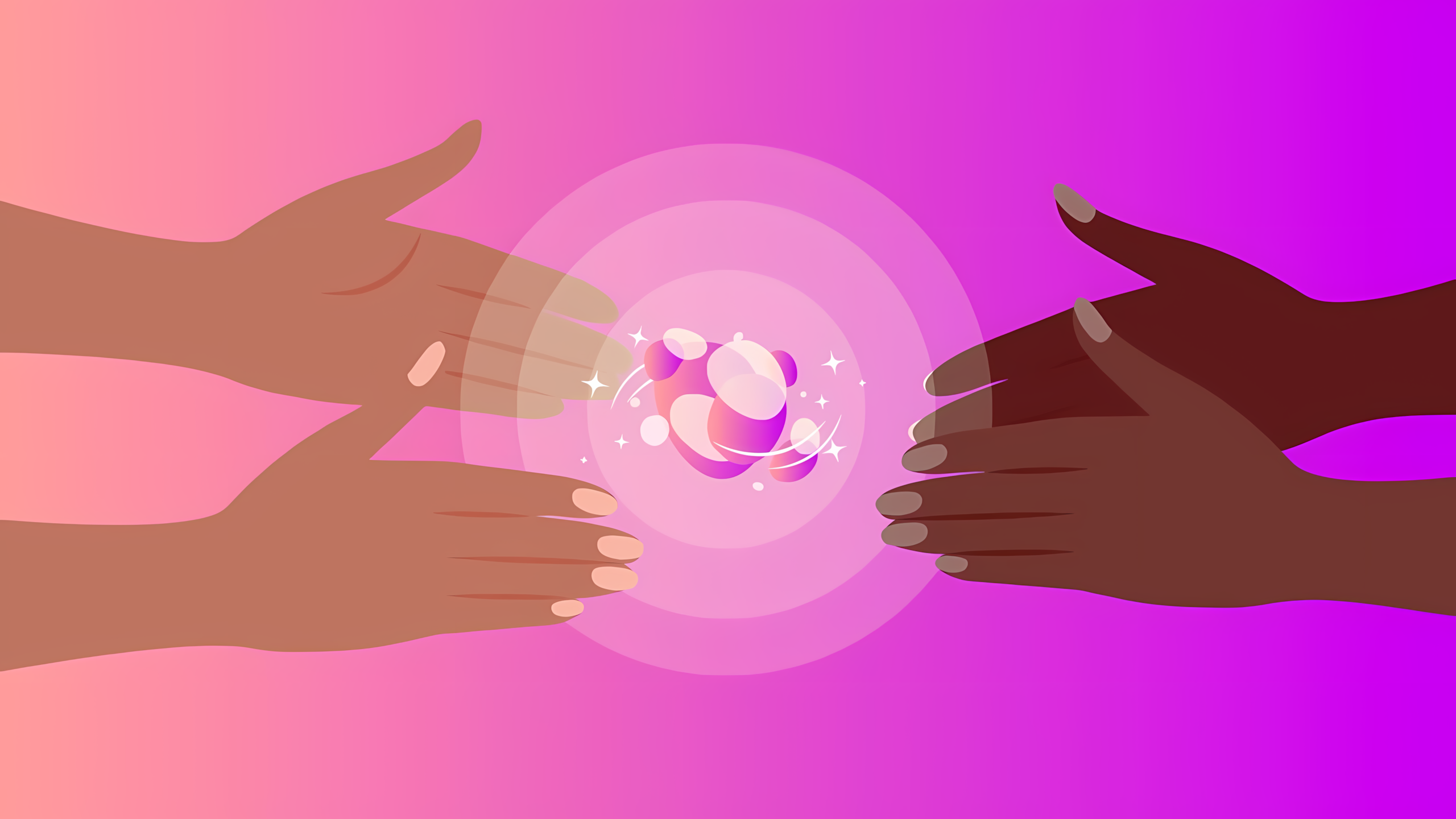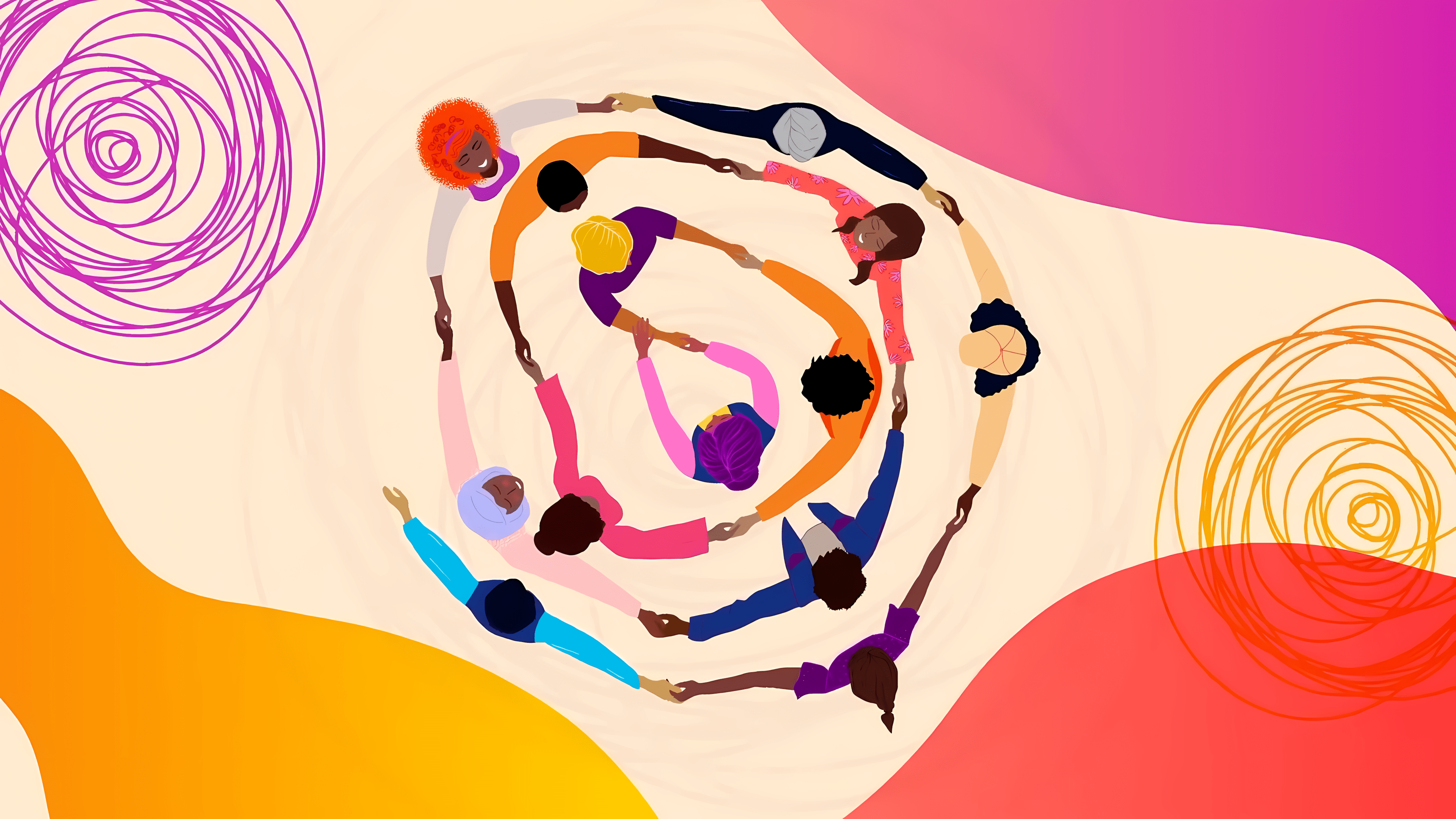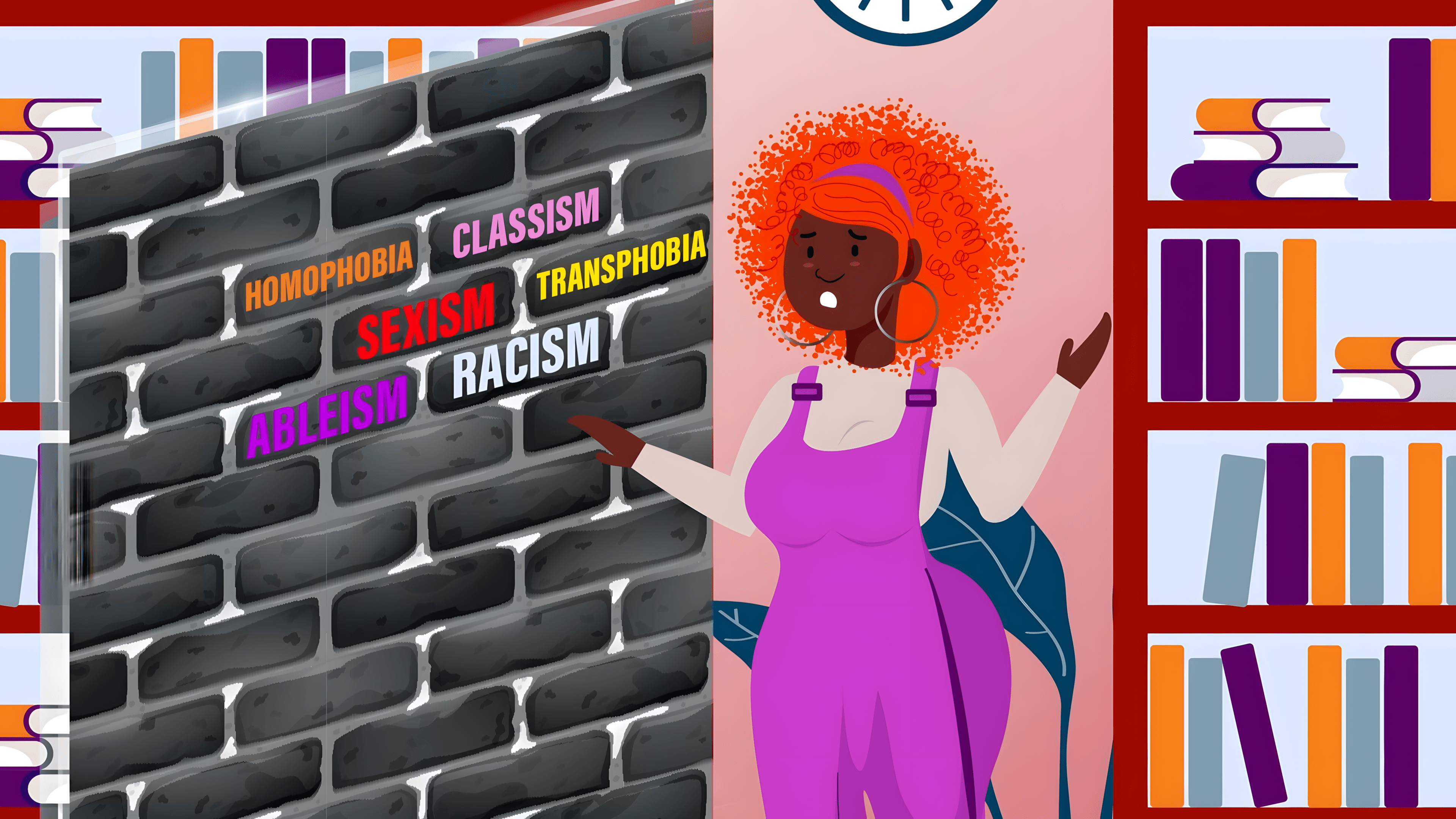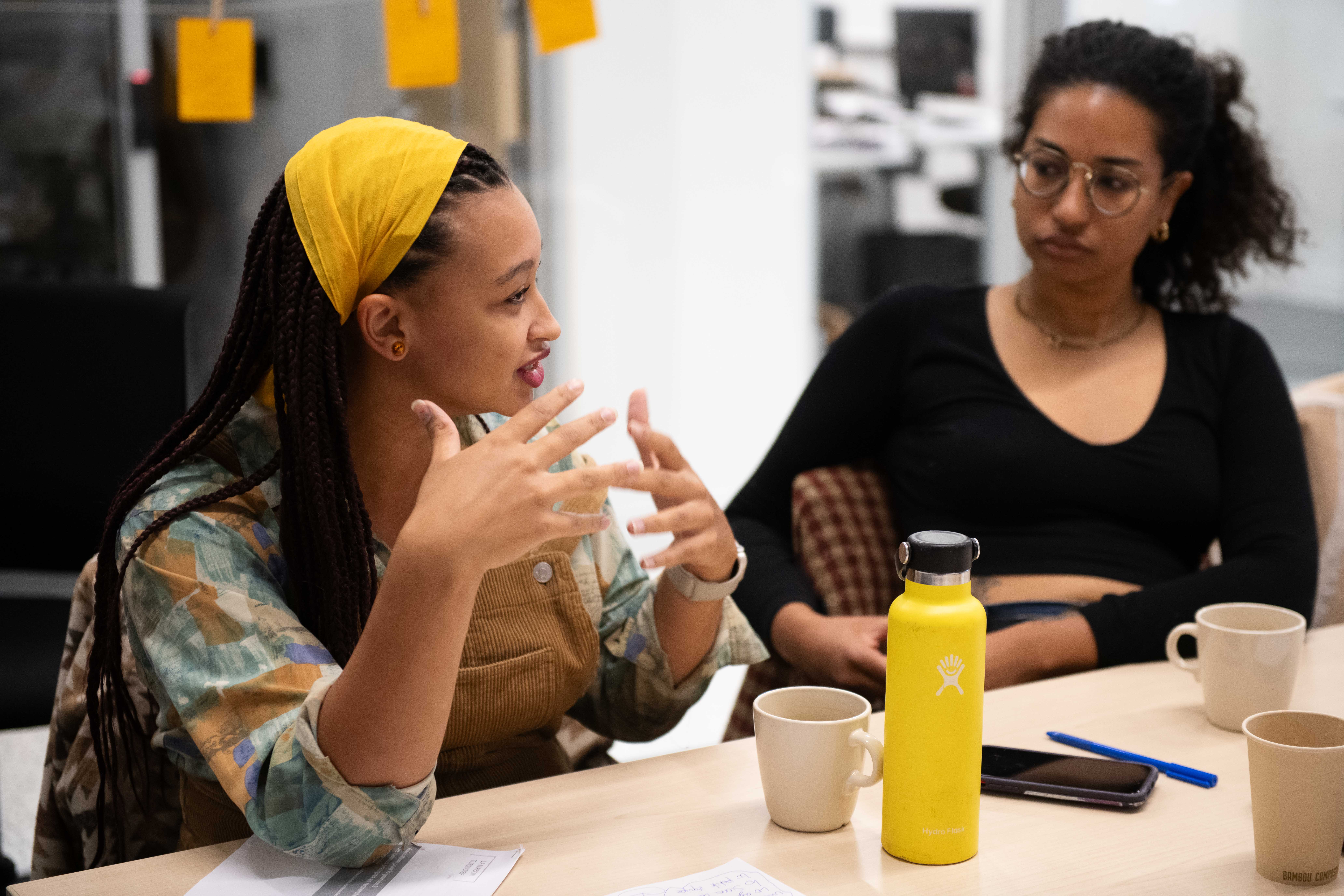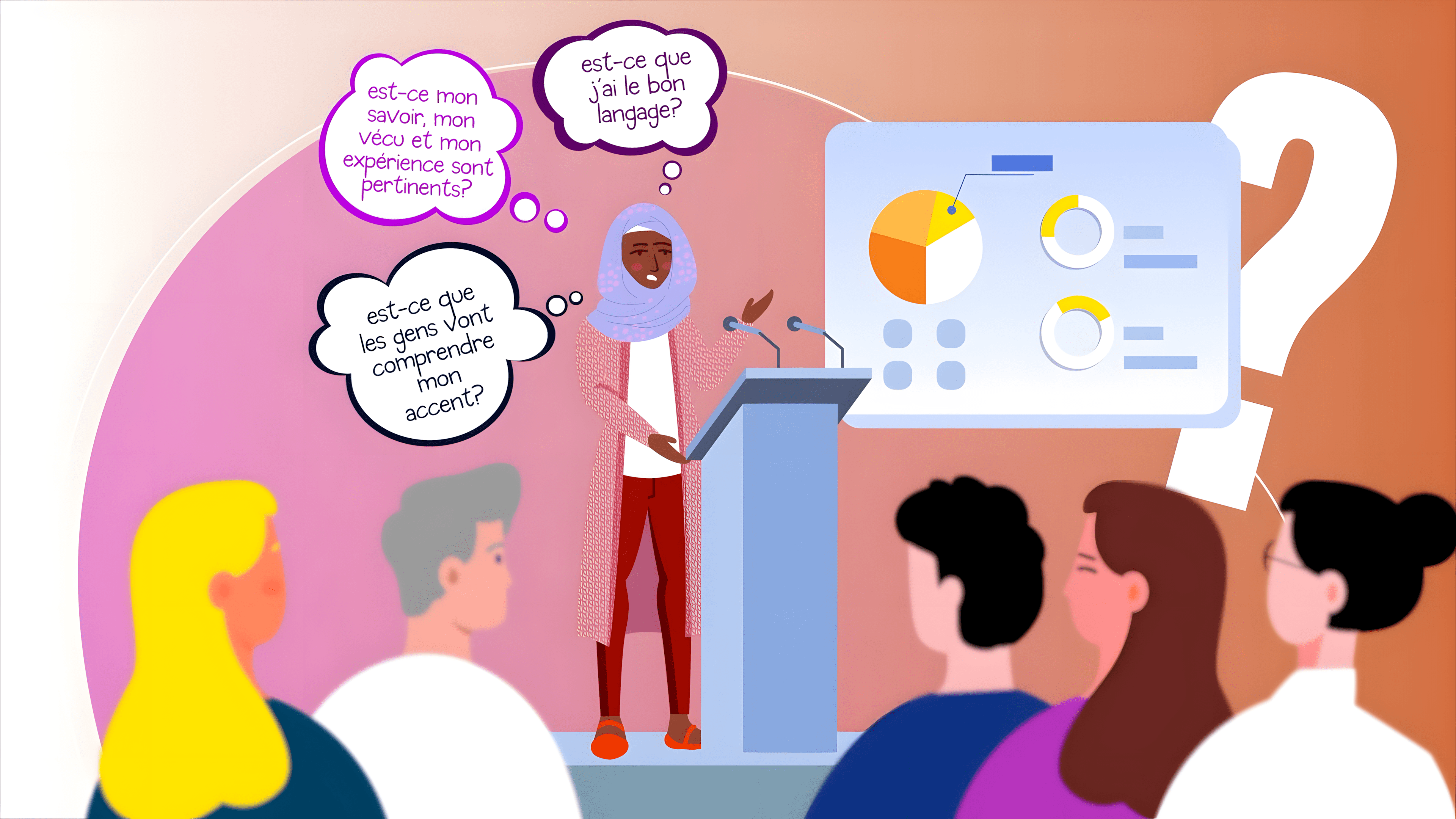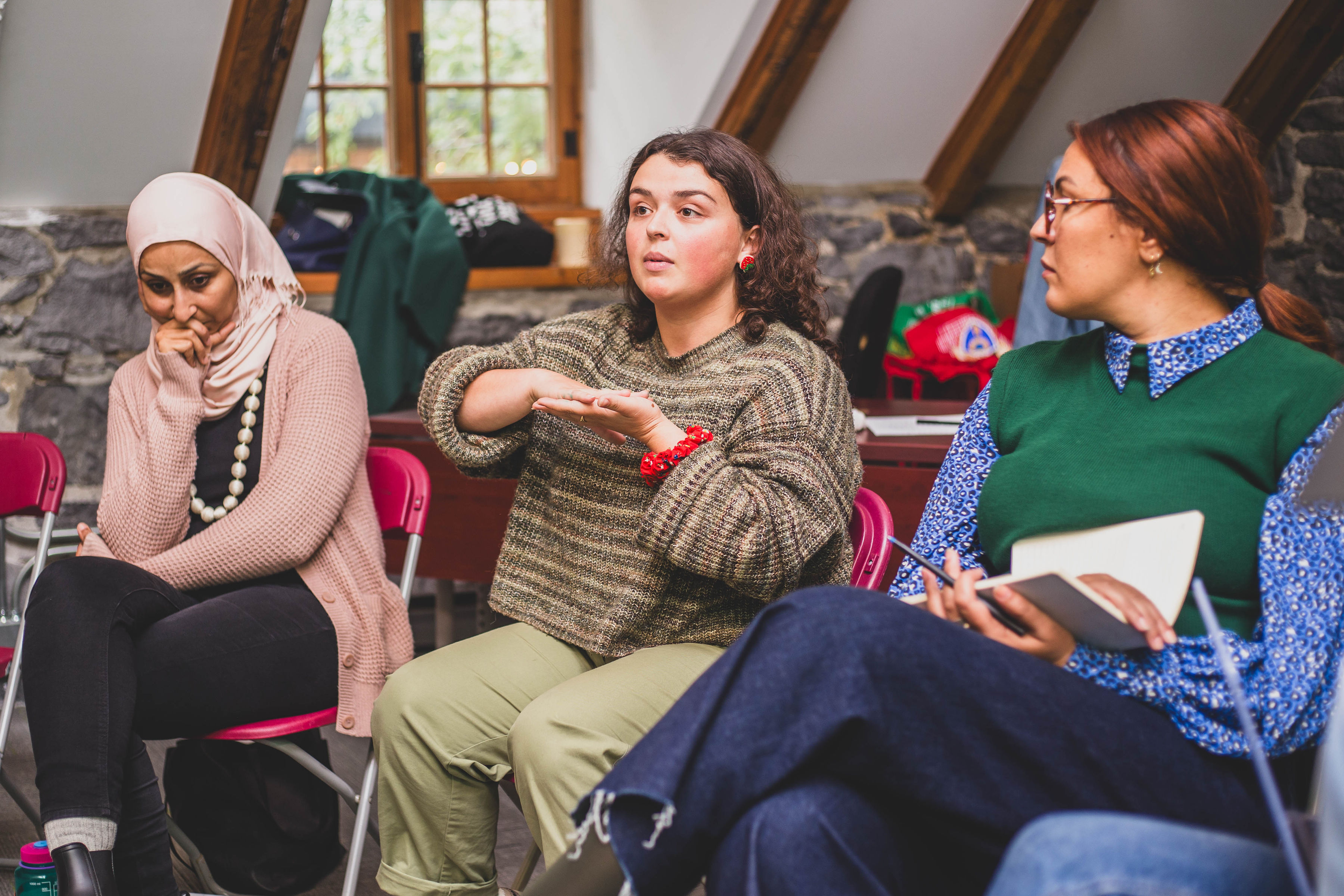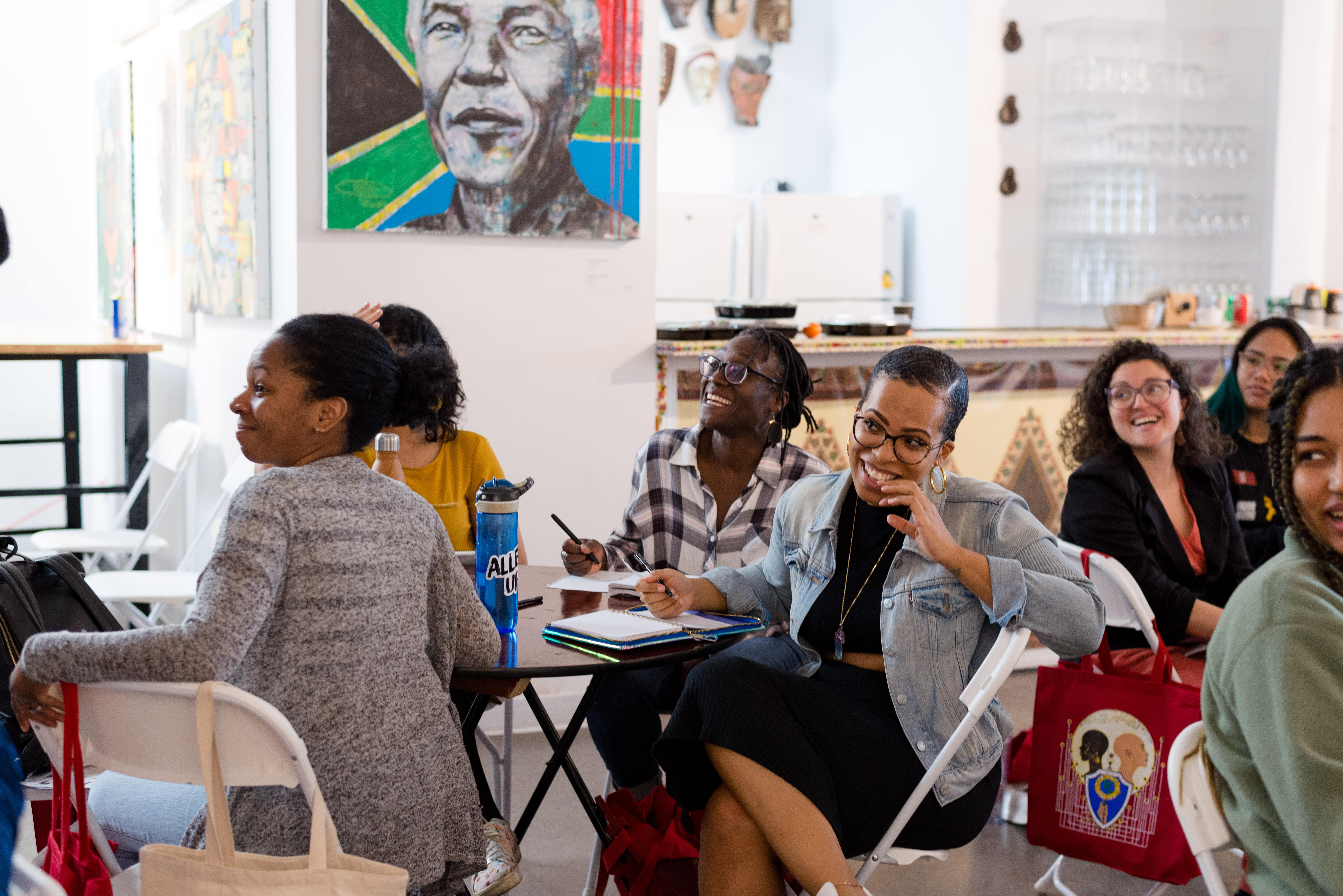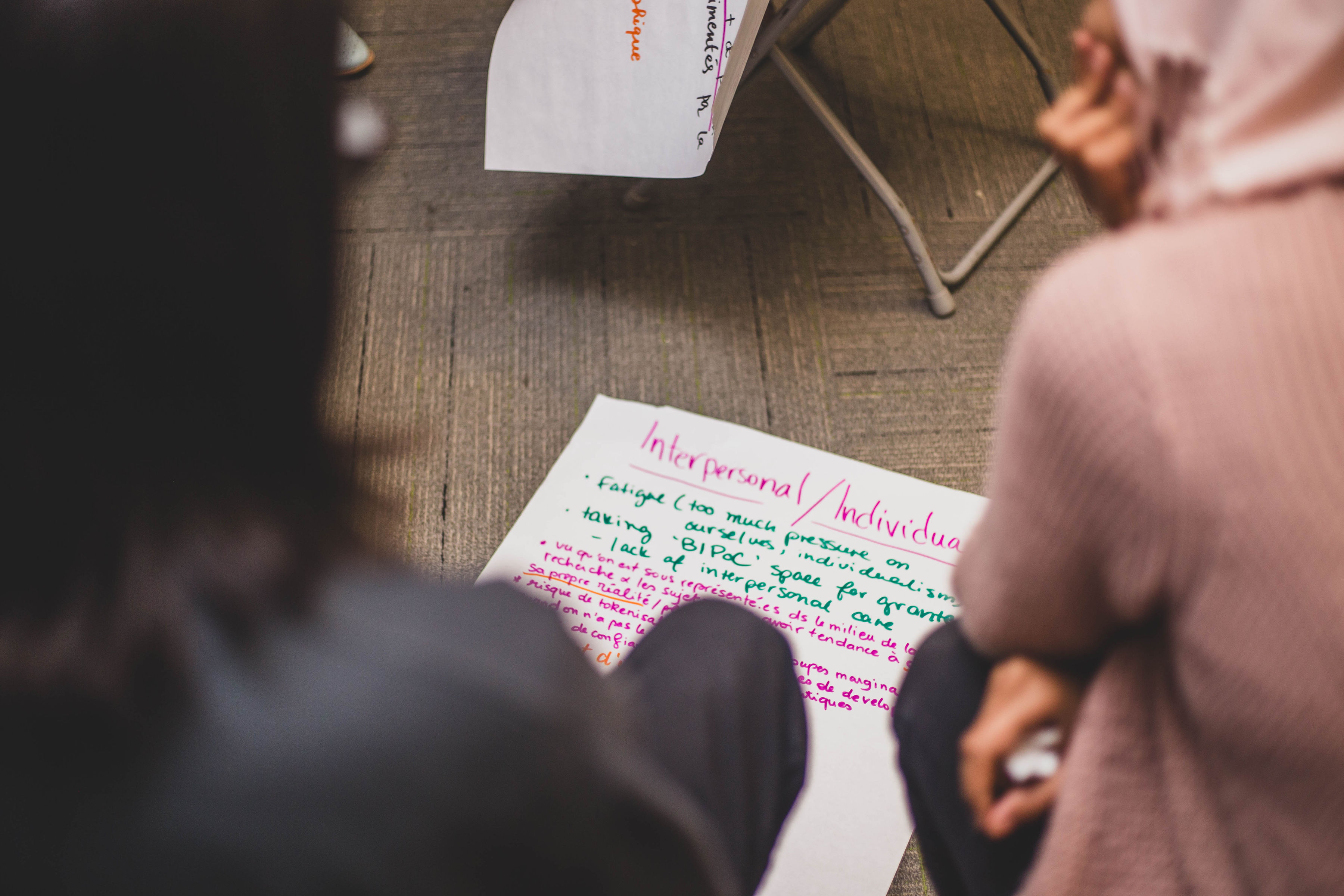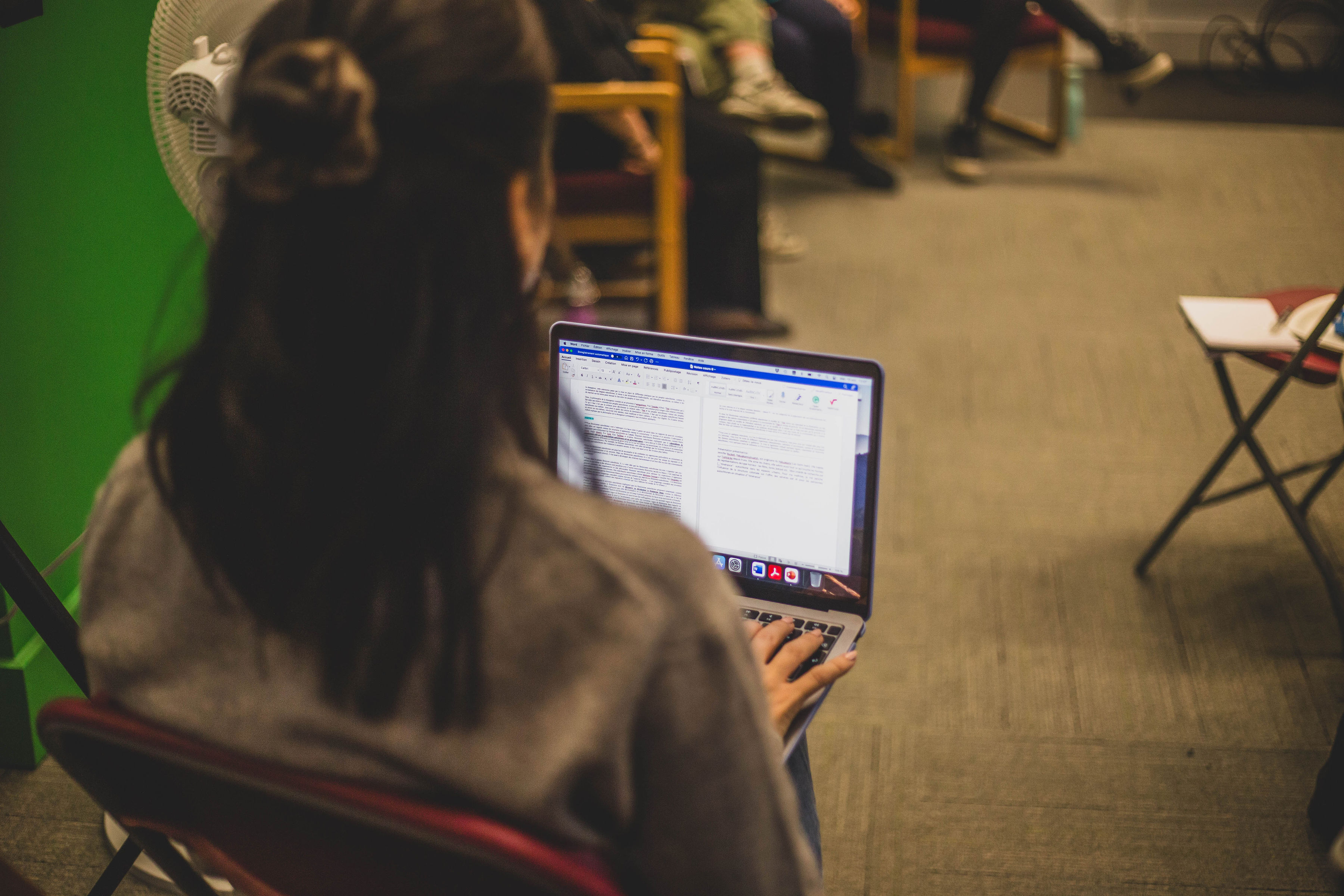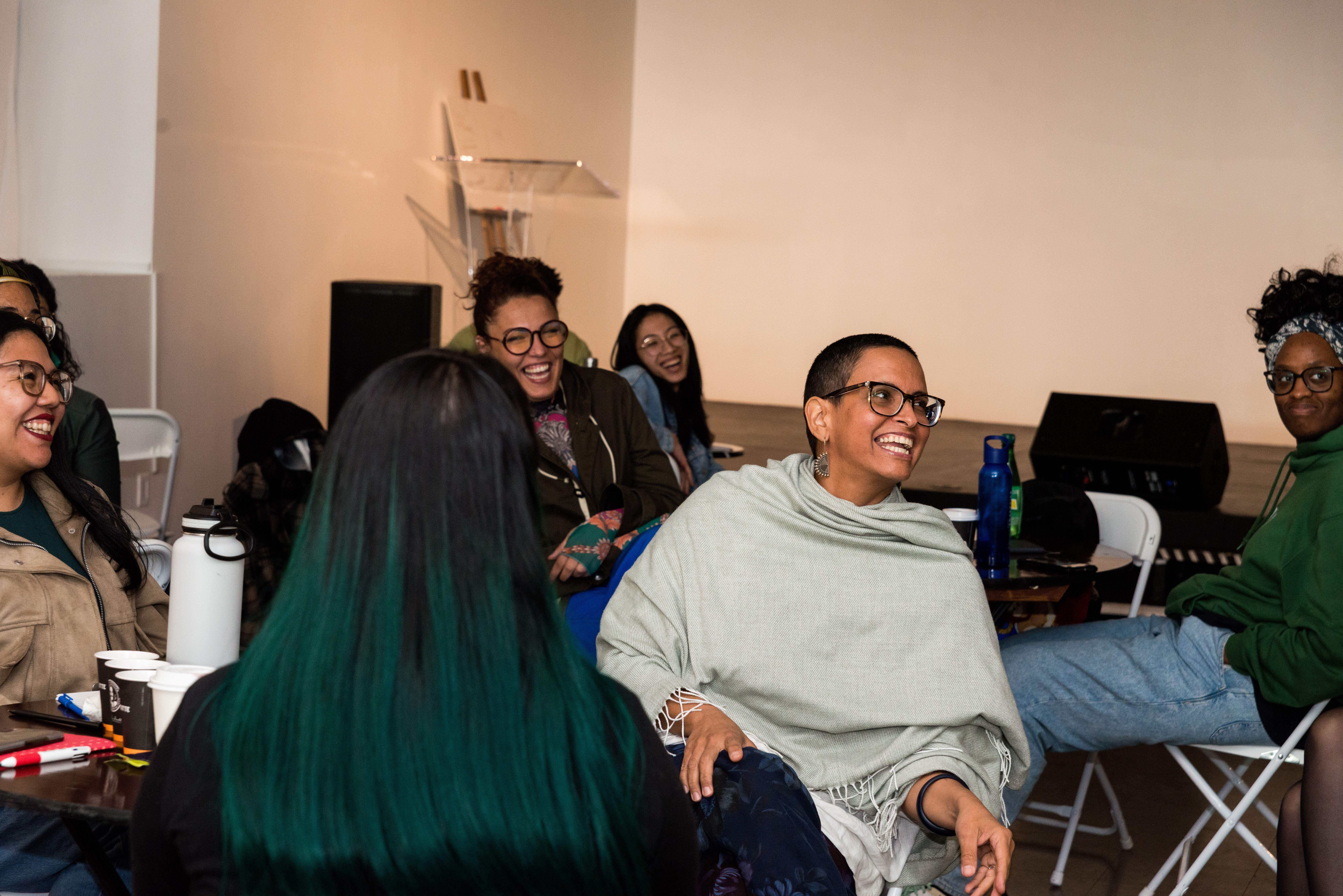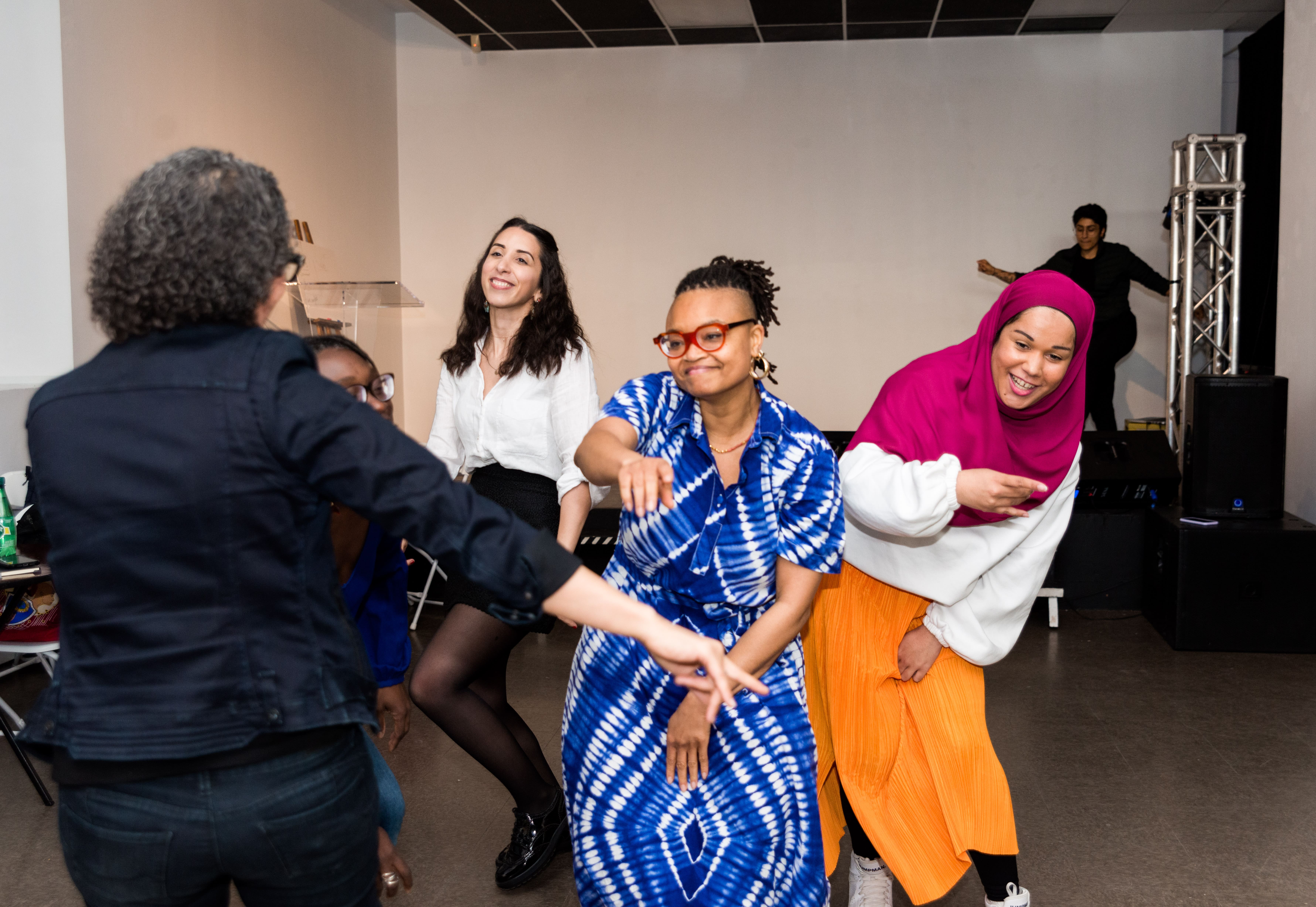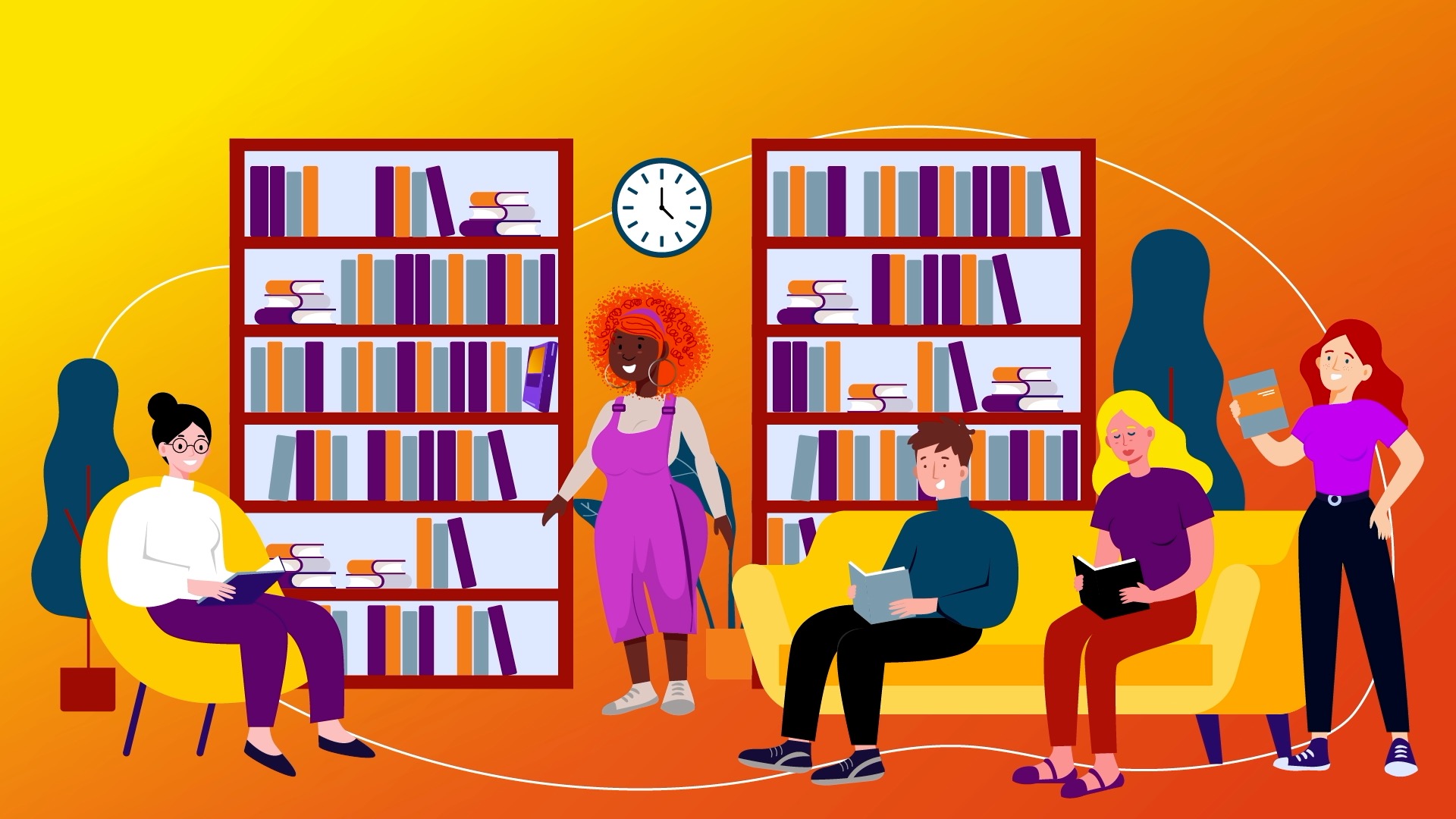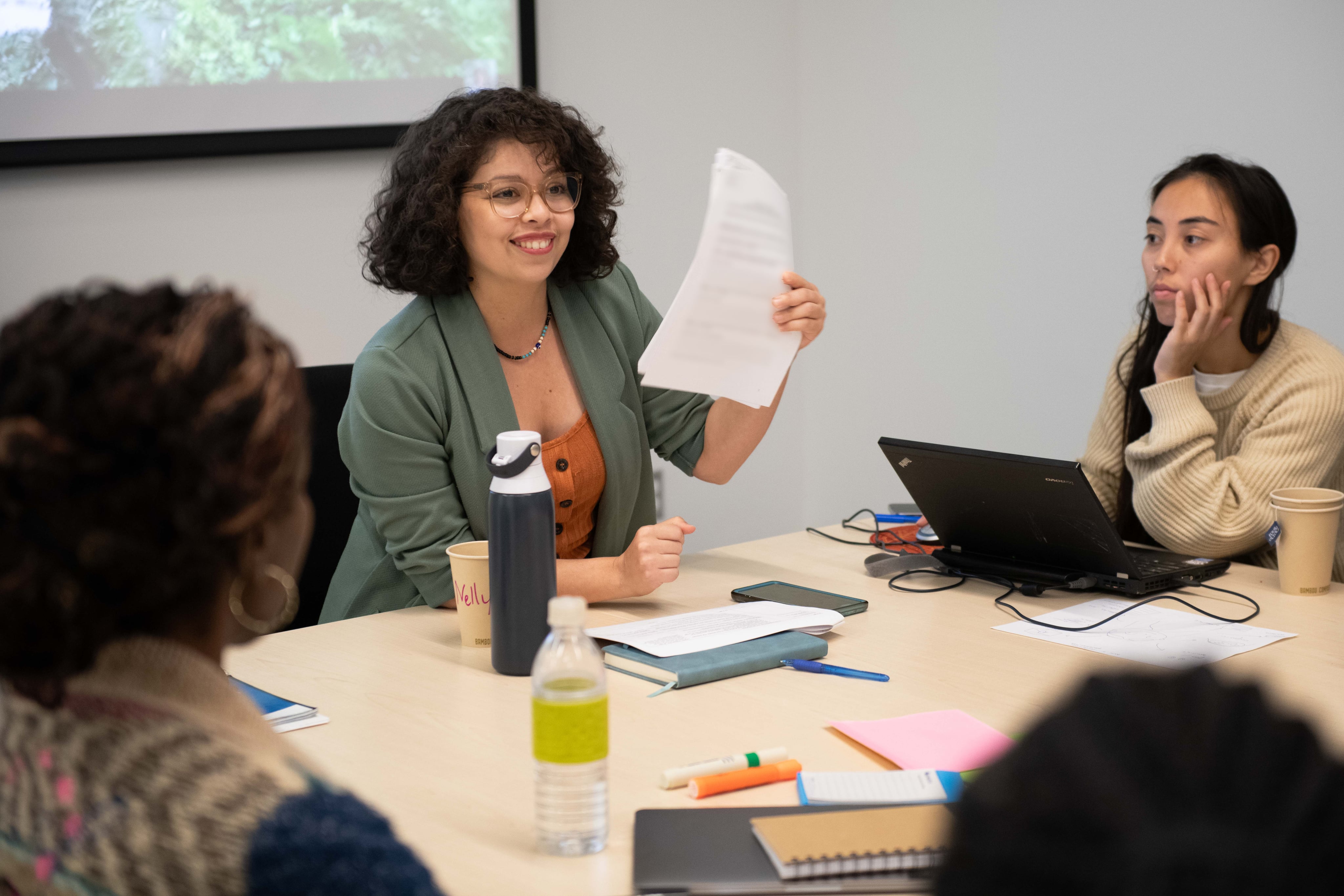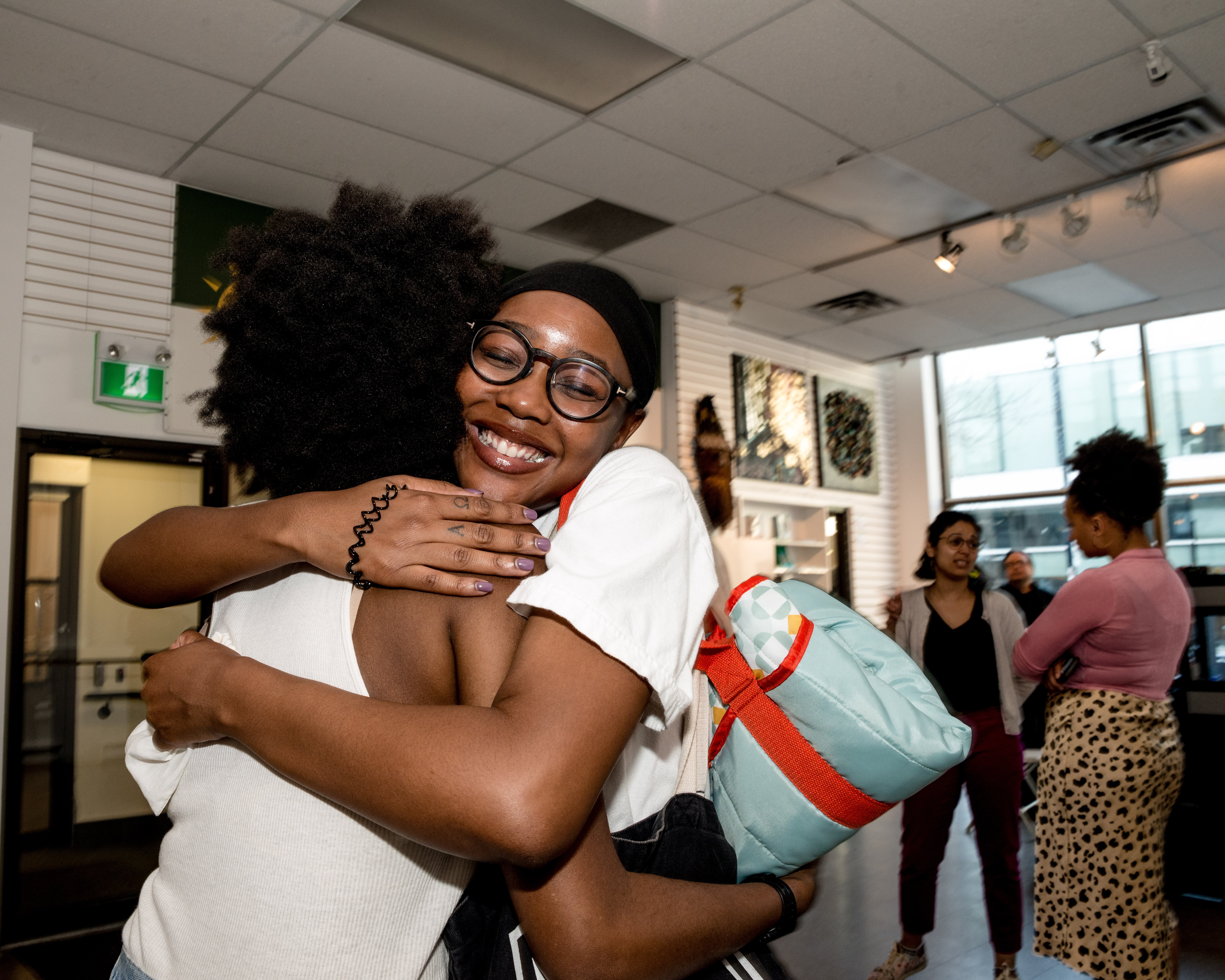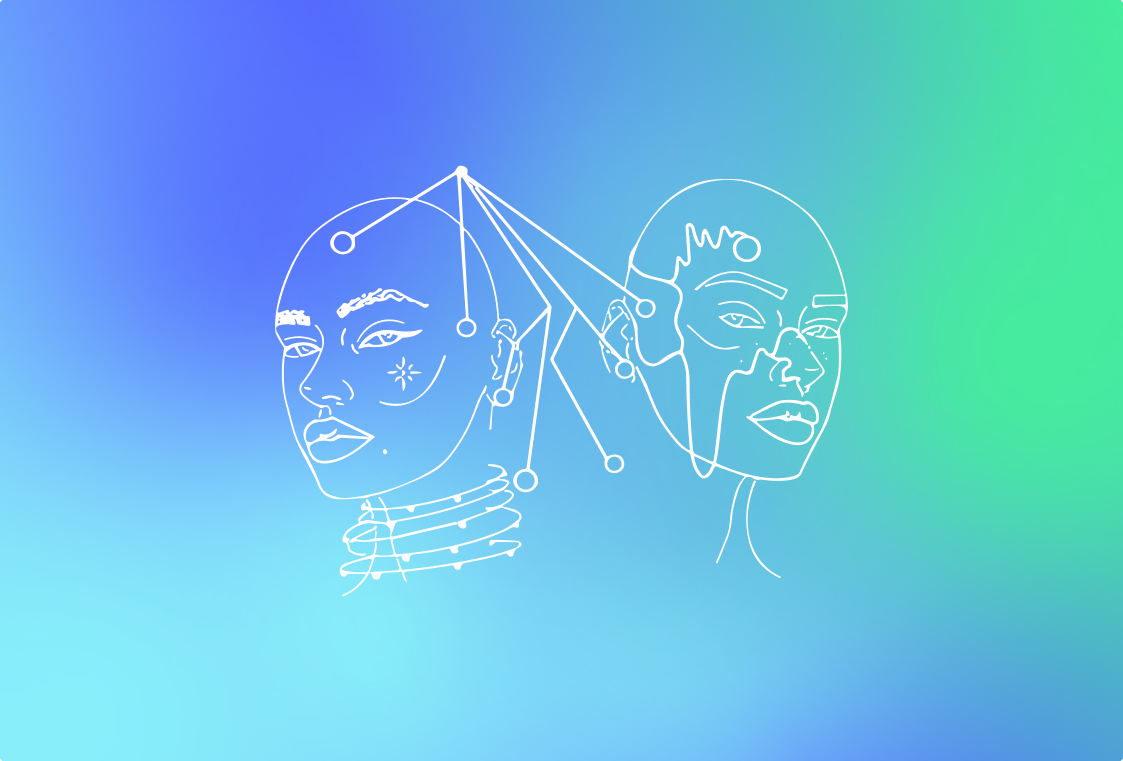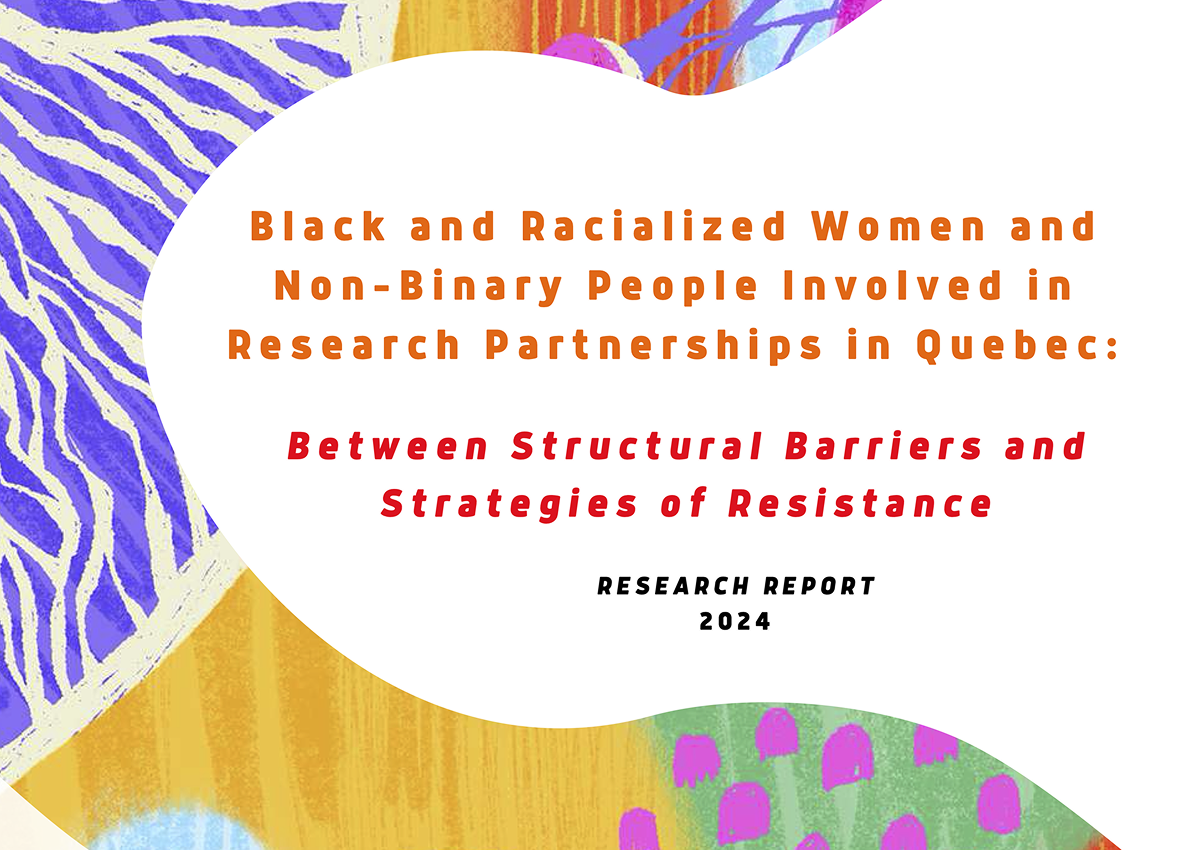Community Retreat: Resting Together

After the gatherings, the workshops, the strategizing, and the sharing, something else was needed—a place to breathe. A space to be together without pressure, without performance. A space simply to rest.
This was the spirit behind the first community retreat, held in March 2024 and organized by Ornella Tannous and Maud Jean-Baptiste of the PARR project. Three days away from screens, deadlines, and pressure—a time outside of time, envisioned by and for Black and racialized women and non-binary people engaged in partnership-based research.
This retreat addressed a need often voiced but rarely met: the need to exist beyond performance. It was a pressing need, one that had emerged early in the PARR project—through focus groups, committee meetings, and forum testimonies. We spoke of violence, power dynamics, and extractivism in research. But soon, another need became just as urgent: to co-create not only spaces of knowledge, but spaces of care.
Because, in both academic and community spaces, exhaustion is structural. There’s the pressure to publish, the constant need to justify one’s existence, and the weight of representation. Layered on top are microaggressions, isolation, and the expectation to always be strong—or exemplary. Many voiced this during the BIPOC Days: if we create spaces where trauma is shared, we also carry the responsibility to consider repair and integrate aftercare.
We didn’t want another space to work. We longed for a space to simply be.
For three days, there was no packed agenda, no goals to reach—just time to land, care for one another, and create shared memories. The retreat itself became a form of resistance—an act of collective care. A way of affirming: our bodies matter, our health matters, our connections matter.
It was also a political act. In a world that drives us toward hyper-productivity, choosing to rest together—to build community beyond institutions—is an act of resistance. It’s how we sustain our autonomy, our joy, our resilience. It’s how we remind ourselves that we’re not meant to repair the world alone. As community organizer and writer Mariame Kaba says: “Everything worthwhile is done with other people.”
Some excerpts are drawn from testimonies in the PSRR report or from the reflective card game. These have been adapted and anonymized for outreach purposes.
Promotion des actrices racisées en recherche (PARR). (2024). Strategies in bloom: Cultivate your well-being in collaborative research (Reflective card deck - English version). A tool for raising awareness and self-reflection, based on the testimonials and transformation ideas shared as part of the PARR project.
The definition of epistemic injustice is taken from the PARR report, which quotes Godrie, B., Desrosières, E., & al. (2020). Les injustices épistémiques : vers une reconnaissance des savoirs marginalisés.





